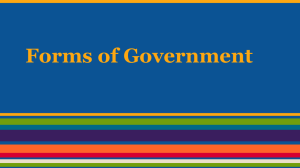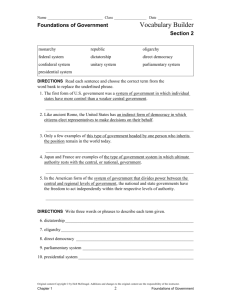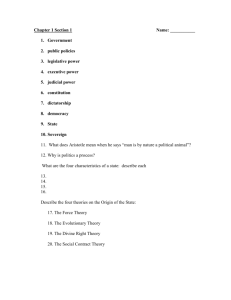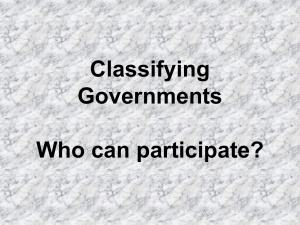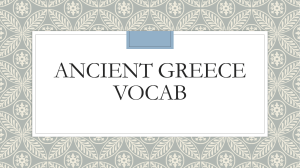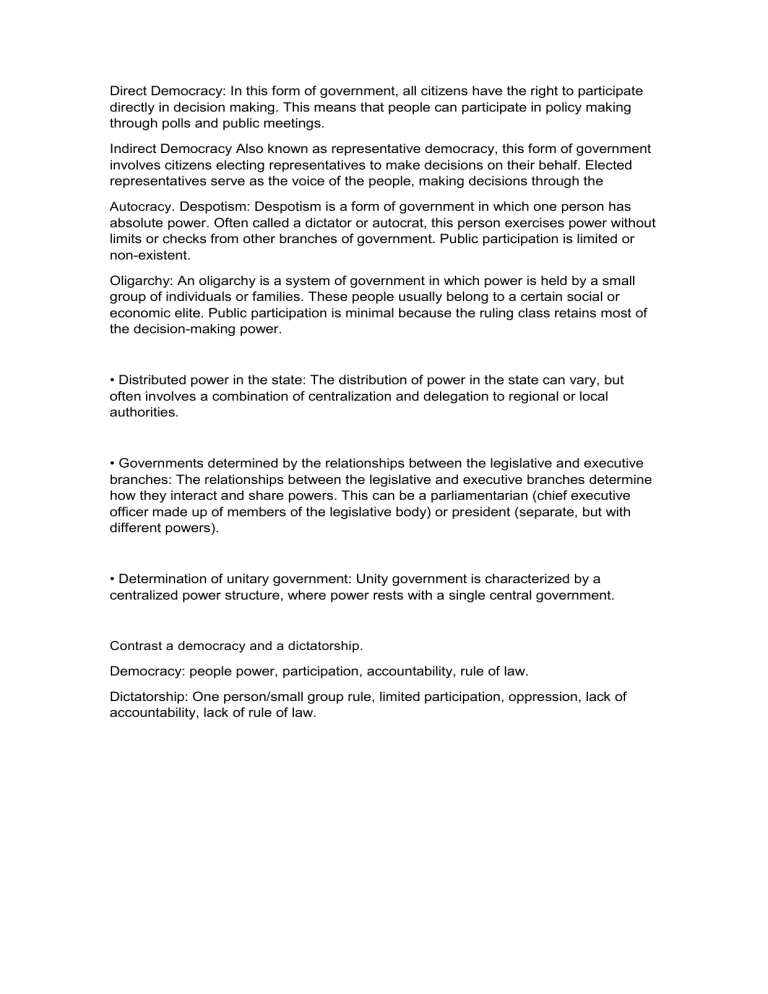
Direct Democracy: In this form of government, all citizens have the right to participate directly in decision making. This means that people can participate in policy making through polls and public meetings. Indirect Democracy Also known as representative democracy, this form of government involves citizens electing representatives to make decisions on their behalf. Elected representatives serve as the voice of the people, making decisions through the Autocracy. Despotism: Despotism is a form of government in which one person has absolute power. Often called a dictator or autocrat, this person exercises power without limits or checks from other branches of government. Public participation is limited or non-existent. Oligarchy: An oligarchy is a system of government in which power is held by a small group of individuals or families. These people usually belong to a certain social or economic elite. Public participation is minimal because the ruling class retains most of the decision-making power. • Distributed power in the state: The distribution of power in the state can vary, but often involves a combination of centralization and delegation to regional or local authorities. • Governments determined by the relationships between the legislative and executive branches: The relationships between the legislative and executive branches determine how they interact and share powers. This can be a parliamentarian (chief executive officer made up of members of the legislative body) or president (separate, but with different powers). • Determination of unitary government: Unity government is characterized by a centralized power structure, where power rests with a single central government. Contrast a democracy and a dictatorship. Democracy: people power, participation, accountability, rule of law. Dictatorship: One person/small group rule, limited participation, oppression, lack of accountability, lack of rule of law.
